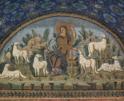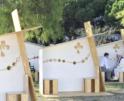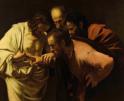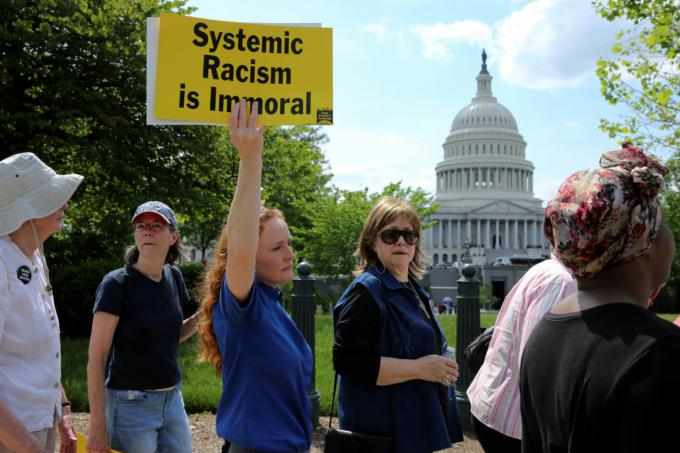
Faith
Pastoral leaders working with Hispanic Catholics have a responsibility to speak explicitly of racism in their engagements with this community.
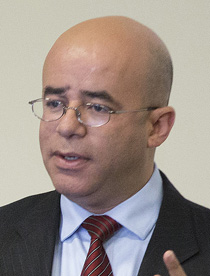
Ospino
At the end of 2018, the Catholic bishops of the United States approved "Open Wide Our Hearts: The Enduring Call to Love," a pastoral letter against racism.
Have you read this important letter? Did you know that such a document existed? Have you heard about it in homilies and catechetical sessions? Do you know what it says about Hispanics?
These sound like facetious questions. However, in the past few months, I have brought them to the attention of a good number of Catholics in different parts of the country. The answer to most questions was no.
I heard several Catholics, including some Hispanics, fairly surprised that the letter speaks of racism and the Hispanic experience. "I thought that it was only about injustices against black people, not Hispanics," someone commented.
Perhaps this is where the crux of the matter is. Our society, the larger Catholic community and many Hispanics in particular continue to define racism in binary terms: black and white. Yet, racism is more complex and it affects everyone.
About 24% of Hispanics in the U.S. self-identify as Afro Latinos, Afro Caribbean or Hispanics with direct roots to a specific African country; hundreds of thousands as indigenous; millions are mestizos and mulatos.
It is not that Hispanics are oblivious to racism and its effects. In fact, many of us have experienced this evil. Hispanic Catholics, however, need to do much better to engage in this urgent conversation and educate ourselves about racism.
Pastoral leaders working with Hispanic Catholics have a responsibility to speak explicitly of racism in their engagements with this community.
Many Hispanics do not see themselves or their children affected directly by racism, which reveals a lack of awareness of how pervasive this social ill is in our midst, not to mention a lack of historical memory.
This is why reading the letter "Open Wide Our Hearts" may be a good exercise in the context of Catholic Hispanic ministry. Many events occurring in our society, including persistent anti-immigrant sentiments, clearly embody racist attitudes against Hispanic people and Hispanic ways life.
To counter such trends, Hispanics need to take this letter, and other resources against racism, and discuss them in our churches, schools and homes. The bishops' letter, grounded in key insights from the Scriptures, theology and Catholic social teaching, deserves to be more widely known.
The fact that many Hispanic Catholics have not read the letter and not even heard of it in their churches or catechetical programs worries me. It would be a shame that its message never reached the ears of a community in which many struggle precisely because of racial biases.
"Open Wide Our Hearts" gives more attention to the Hispanic experience than previous documents by the U.S. bishops on racism by dedicating a section to it.
The letter names the fact that Hispanics "have experienced discrimination in housing, employment, health care and education," called derogatory names, been denied just labor opportunities and access to political participation, just for being Hispanic. Hispanics often endure racially motivated immigration raids and mass deportation policies.
The document highlights that "there have been over 550 documented cases of Hispanics being lynched, and experts estimate that the number could actually be twice as large." It is no secret that far too many people in our society, including some Catholics, consider Hispanic cultures inferior.
Racism will not be uprooted from our society, homes and faith communities unless we confront it in a direct and informed way. Hispanic Catholics at all levels must engage in this conversation. We have no choice if we want to build a just society and a welcoming church.
- Hosffman Ospino is assistant professor of theology and religious education at Boston College's School of Theology and Ministry.
Recent articles in the Faith & Family section
-
Scripture Reflection for April 21, 2024, Fourth Sunday of EasterJem Sullivan
-
The new Temple: How Easter changes religionDr. R. Jared Staudt
-
The wonder of Ordinary TimeLucia A. Silecchia
-
Is there still responsibility for past sins after confession?Jenna Marie Cooper
-
Wounds, not scarsJaymie Stuart Wolfe

